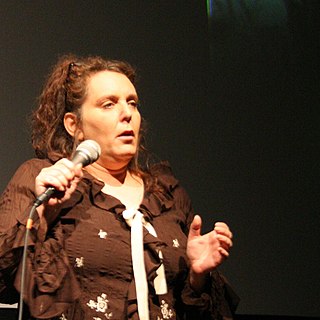A Quote by Boomer Esiason
Small businesses no longer need to feel like a deer in the headlights when considering constructing or updating their Web sites. With ClickThings what you see is what you get, unlike some other competitive Web-based Website building tools.
Related Quotes
The open web is full of spam, shady operators, and blatant falsehoods. Outside of a relatively small percentage of high quality sites, most of the web is chock full of popup ads and other interruptive come-ons. It's nearly impossible to find signal in that noise, and the web is in danger of being overrun by all that crap.
Do you understand how there could be any writing in a spider's web?" "Oh, no," said Dr. Dorian. "I don't understand it. But for that matter I don't understand how a spider learned to spin a web in the first place. When the words appeared, everyone said they were a miracle. But nobody pointed out that the web itself is a miracle." "What's miraculous about a spider's web?" said Mrs. Arable. "I don't see why you say a web is a miracle-it's just a web." "Ever try to spin one?" asked Dr. Dorian.
People tend to think of the web as a way to get information or perhaps as a place to carry out ecommerce. But really, the web is about accessing applications. Think of each website as an application, and every single click, every single interaction with that site, is an opportunity to be on the very latest version of that application.





































